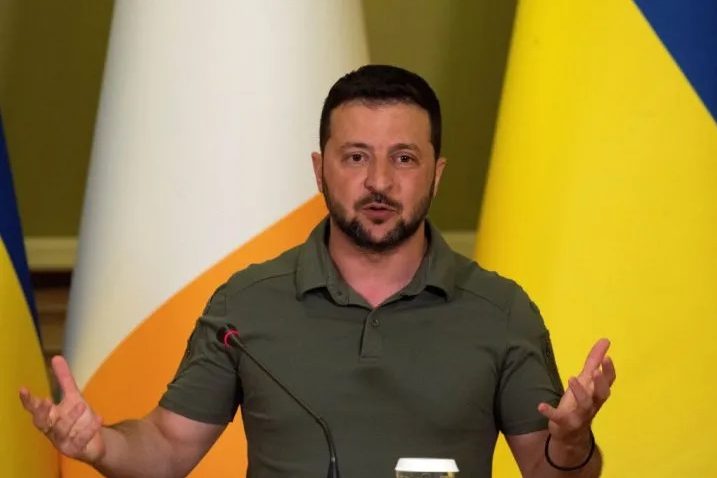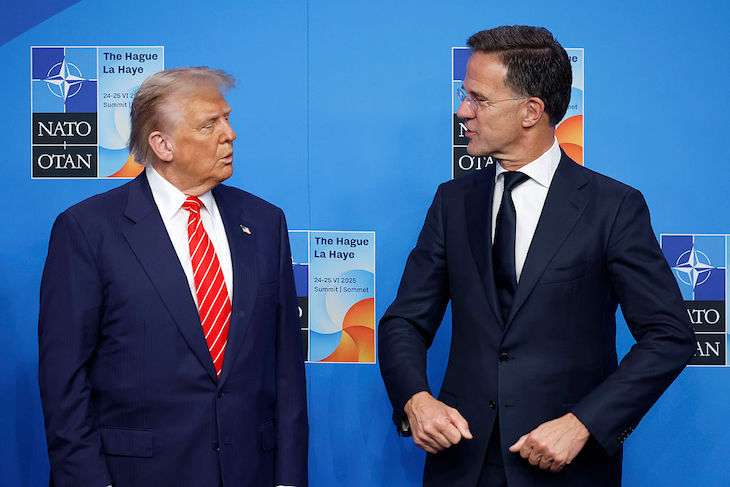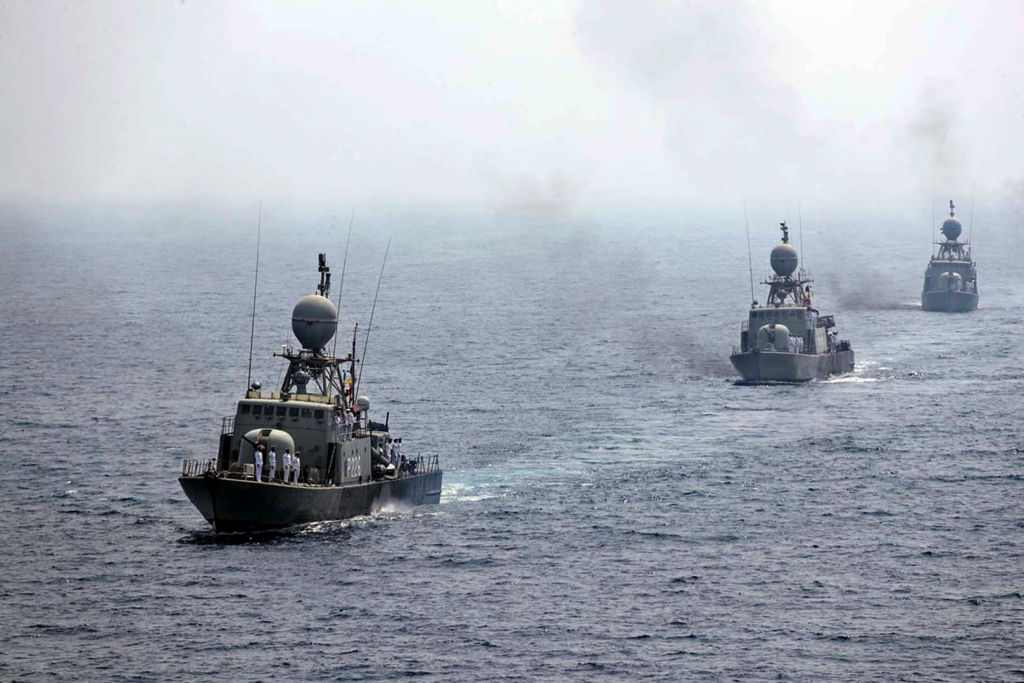Although Western support to Ukraine’s defense effort continues unabated, the honeymoon between Kyiv and even its staunchest allies is decidedly over. In a recent interview, President Zelensky’s advisor Mykhailo Podolyak said that Ukraine sees Poland as its close friend “until the end of the war.” Then, he added, “competition between the countries will begin.”
The quote, which was immediately seized upon by Russian propaganda as evidence of a fracture in Ukraine’s key relationship, came off the back of a spat between Warsaw and Kyiv over the ban on imports of Ukrainian grain to Poland. The policy is due to remain in place until at least mid-September, even as Ukraine’s maritime export infrastructure is being destroyed by Russian bombing.
Ukrainian protests against the ban prompted Marcin Przydacz, secretary of state in the chancellery of the Polish president, to question Ukraine’s gratitude for Poland’s support. In retaliation, Kyiv summoned Poland’s ambassador — one of the few Western diplomats who had remained in the city in the early days of the Russian invasion.
In reality, there is nothing inherently wrong about frictions between Ukraine and its neighbors, driven by divergent interests. It is important, however, that Ukraine be included at the earliest possible moment into political structures designed specifically to manage such frictions: NATO and the European Union.
From the perspective of Poland and similar countries, Ukraine has long been a black hole of sorts, relevant only as a transit country for Russian oil and gas. Today, though, it is becoming a self-confident, heavily armed nation that has captured the world’s imagination by humiliating (supposedly) the world’s second largest military.
As soon as it emerges from the war, Ukraine undoubtedly will strive to present itself as an attractive destination for foreign investment, enticing new projects away from countries such as Poland, Romania or Hungary. With Western investment and access to new technology, its sizable agricultural sector will only become more competitive and put downward pressure on crop prices across the EU.
Economic interests aside, the region’s history has never been an idyll. The Polish-Lithuanian Commonwealth may be seen as a point of pride by Poles, and not without reason, but Ukrainians often see it through the prism of their subjugation to Polish Roman Catholic nobles. For Ukrainians, a figure such as Bogdan Khmelnytsky, a seventeenth-century noblemen who led a revolt against Polish authorities, is seen as a precursor to modern Ukrainian nationhood. For Poles, he is a villain who set in motion a series of crises that eventually led to the Commonwealth’s demise.
The twentieth century offers even more salient examples, including the massacres of Poles in Volhynia by Banderite groups during World War Two — which was commemorated in a moving ceremony by Presidents Zelensky and Duda recently. Similarly, there was the loss of the historically Polish territories of Galicia and Volhynia, including the magnificent city of Lviv, to the Ukrainian SSR after the war.
There is nothing new about the clash of national interests, or painful memories haunting European nations. It is precisely Europe’s unromantic state of affairs that makes the continent’s political structures, the EU and NATO, valuable. Toxic politics of ethnic resentment drove former Yugoslavia to a war. The main reason why a similarly tragic outcome was unthinkable in the countries of central Europe — think Hungary and its neighbors or former Czechoslovakia — had to do with a shared understanding that joining Western systems of alliances and integration structures was paramount.
Today, there may be occasional toxic rhetoric coming from, for example, Viktor Orbán’s Budapest, still nurturing fever dreams of a Greater Hungary, dismembered at Trianon in 1920. Yet, Hungary’s membership in the EU and NATO, shared with its neighbors, all but guarantees that any posturing is firmly contained.
The case for Ukraine’s NATO and EU memberships does not revolve solely around the need to deter Russian aggression in the future or deliver on the demands made by the Ukrainian people in the 2014 Maidan Revolution. It is primarily a way of managing the rise of a new European power in a peaceful, non-disruptive way.
Kyiv and its neighbors will continue to clash over their material interests and over the interpretation of past events. Already, there has been little love lost between Ukraine and the united Belarusian opposition in exile, which believes, rightly or wrongly, that the war has unhelpfully eclipsed the needs of Belarusians in the West.
One way, and arguably the only known way, to prevent such tensions from getting the better of Ukraine and its neighbors is to bring all of them into the fold. Failing to do so means foregoing Western leverage and setting the region up for a cycle of instability and conflict — even if Vladimir Putin’s Russia is soundly defeated in the months to come.
This article was originally published on The Spectator’s UK website.

























